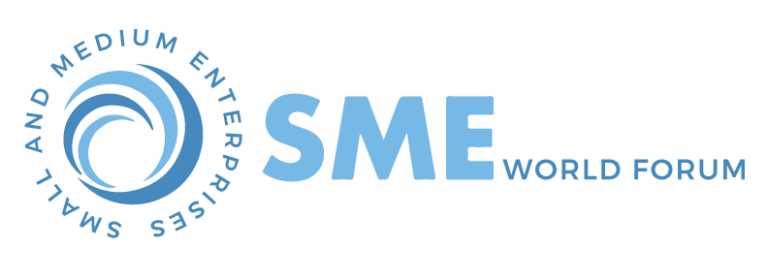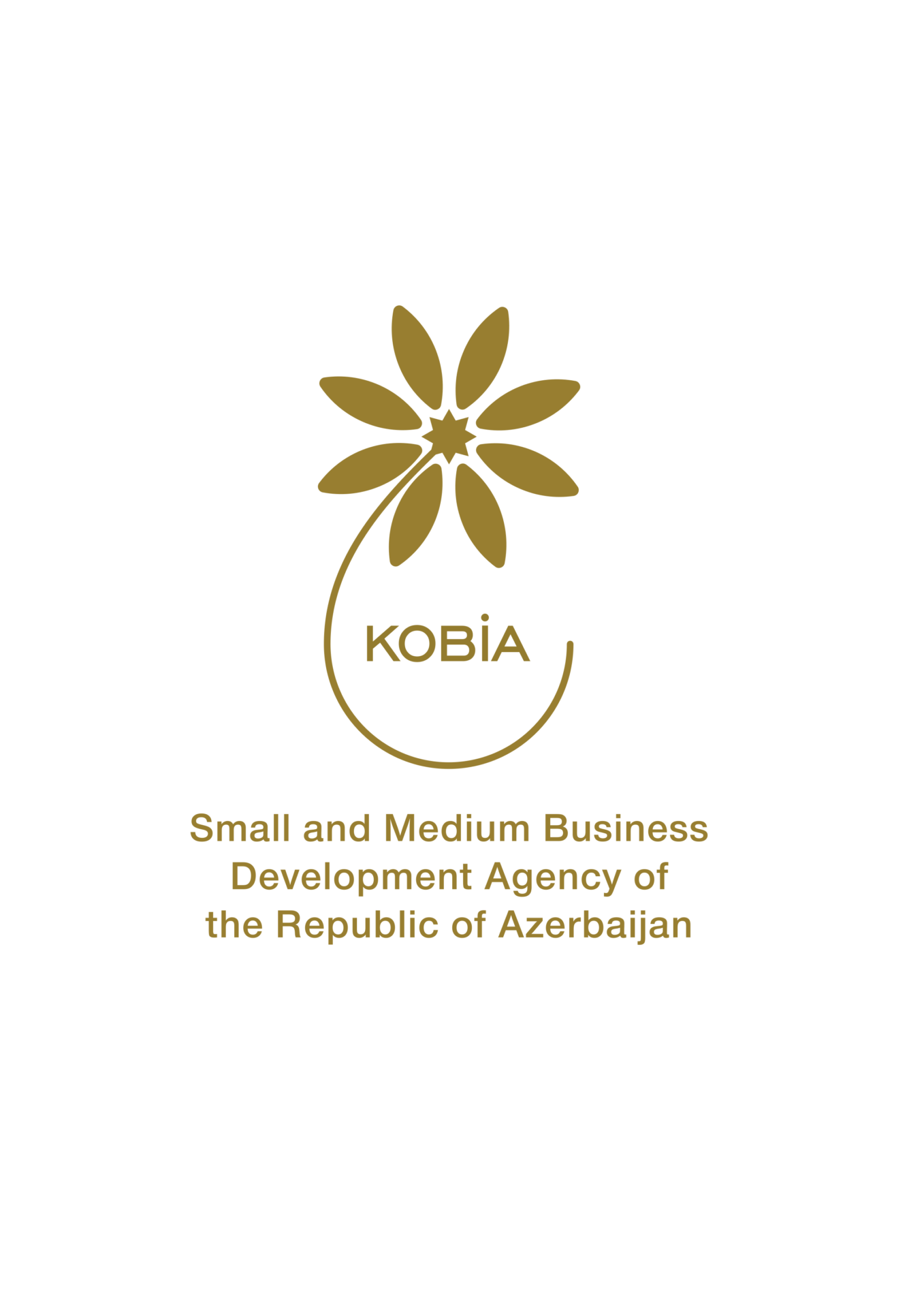Defining, Measuring, and Rewarding Scholarly Impact: Mind the Level of Analysis
Friday, September 30, 2022, by Enrique Pablo O. Caeg, Founding President of ICSB Philippines and Founder of the Knowledge Hub retail Academy in the Philippines
My career as an employee took many turns, from doing Marketing related jobs like advertising & promotions, product management, account management. Most of these jobs were spent with Corporate entities that were structured, complemented with systems and procedures that made my role less difficult to function with.
When I worked as an Account Supervisor for Nike Footwear, I had a great experience for five years, achieving the monthly sales quota that blessed me with a financial windfall.
While everything was happening beautifully, I realized one thing: “That it was not about me”. I had good sales achievements not because I was a great salesman, but it was because of my Sales Team assigned to the different stores under me. Weekly, I met with them in the cafeteria and discussed action plans for the week. This motivational method of “making your team feel valued and appreciated” worked well for me. I did not resort to any hard-pressure approach. Everybody was happy even though we all got tired especially during mall-wide sale events. This experience gave birth to my own employee motto in Tagalog: “Hindi na bale kung pagod, huwag lang masama ang loob” (it does not matter that I’m tired, as long as I’m happy with what I’m doing).
As I moved on to different companies, I found myself working for Family Owned & Controlled Corporations (FOCCs). A new set of experiences for me. Mostly, decisions and management were focused on the founder. Professional Employees had a more difficult time blending and working in the most family-based environment because there were departments that had incomplete resources. The “Make your dreams come true” wish of most employees will have to wait due to the lack of a merit system, an unbalanced approach to discipline, and a rewards system. So how can employees of Family Owned Companies achieve their life goals?
Family Businesses should consider:
- Redefine the way the following words are used: Trust, Loyalty, and Competency
- Find time to: Organize, Systematize, and Manualized processes and systems
- Create a roadmap for professional succession
- Balanced application of the reward and punishment policies
- Support continuing professional education of employees
It is understandable that not all of the items listed above will transform and be implemented, owner centered mindset will always rely on its decision on return on investment.
Doing my advisory for almost six years now. The success of my engagements was predicated on the involvement and transformation of the Family members who worked in the Companies as well. Ninety percent (90%) of my clients are from various industries (manufacturing, distribution, technology solutions, innovative products like gadgets and computers, athletic wear, shipping, and retail & e-commerce.
They have different sizes and business volumes/revenues but their concerns were similar: high attrition, low morale, undisciplined personnel, weak sense of values and accountabilities, low productivity, and less efficiency.
In one organization, a manufacturing firm, the Family head once answered, when asked how stressed he was from 0 to 10, he answered 12. It was four years later that same question was invited to the person and he replied that now it’s down to 2. It was fulfilling to hear directly from him, to add, he showed me his contribution article that was being launched that afternoon, all that we did in 4 years of engagement. Narrated all the experiences and outcomes. It was a long, culture transformation, managed well overtime resulted in a 33% increase in productivity, employees became highly charged and made weekly projects, something to improve upon, even by just painting the faded gate premises.
This company did not have a structure, it was flat as designed, this gave the opportunity for the creation of the Leadership Circle, line leaders in the manufacturing area who are in charge of monitoring their daily performance scorecards. The Leadership Circle was a trial and error, having to change the whole team twice, including the most senior employee. The third team was born, and with the lessons from the first batches, this batch lasted until the pandemic came in 2020.
What did the Owner do? He began the transformation from himself, and his working family members, the new policies created were considerate of the employees with a great deal of balance between reprimand and rewards, increase relationships, and better communication style.
With the Pandemic hitting most Family businesses (Micro to Large), Family Businesses must continue to transform themselves starting with the primary origin, the Founders themselves.
Being an Organization Development Consultant for Family Businesses is not easy, but it definitely has a lot of lessons to live and share with others.
Article by: Enrique Pablo O. Caeg, Founding President of ICSB Philippines and Founder of the Knowledge Hub retail Academy in the Philippines



